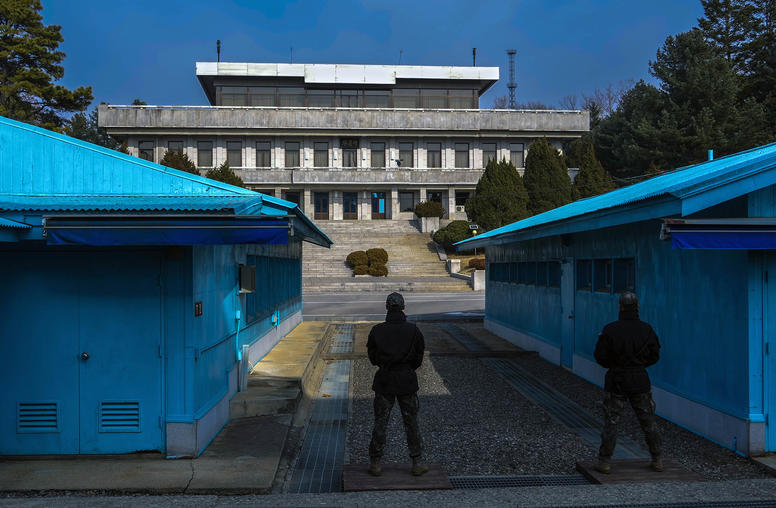The Fate of the ‘Asian Peace’
A Conversation on Regional Stability in East Asia and the Pacific
After more than a century of recurring conflict, the countries comprising East Asia and the Pacific have managed something remarkable: avoiding war among nations. Since 1979, this greater region has endured threats, near-miss crises and nuclear proliferation but no interstate war. What are the sources of this “Asian peace?”
In his new book “Pacific Power Paradox,” Van Jackson identifies the Asian peace as a layered, historically contingent peace that, at the regional level and over time, includes sources such as Sino-U.S. détente, intra-Asian economic interdependence, the general deterrence afforded by U.S. alliances, regionalism, and sometimes even democratization. But all of these sources are under strain today, putting the Asian peace at greater risk going forward.
On February 15, USIP hosted a conversation with Dr. Jackson and Dr. Kang that explores how policymakers might use his layered understanding of East Asia’s regional stability to inform a statecraft that consolidates, rather than embrittles, peace.
Continue the conversation on Twitter using the hashtag #PacificPowerParadox.
Speakers
Van Jackson
Senior Lecturer in International Relations, Victoria University of Wellington
David C. Kang
Professor of International Relations and Business, University of Southern California
Frank Aum, moderator
Senior Expert, Northeast Asia, U.S. Institute of Peace



